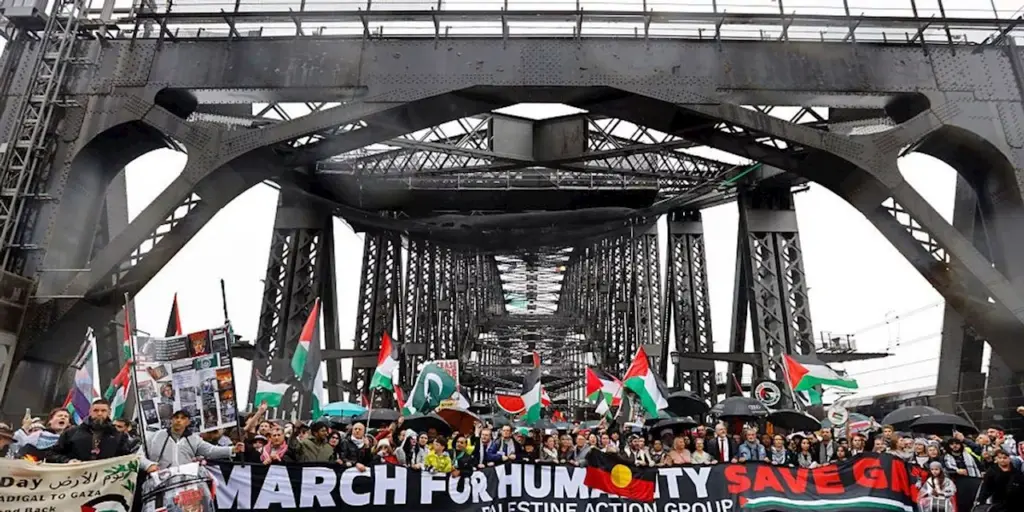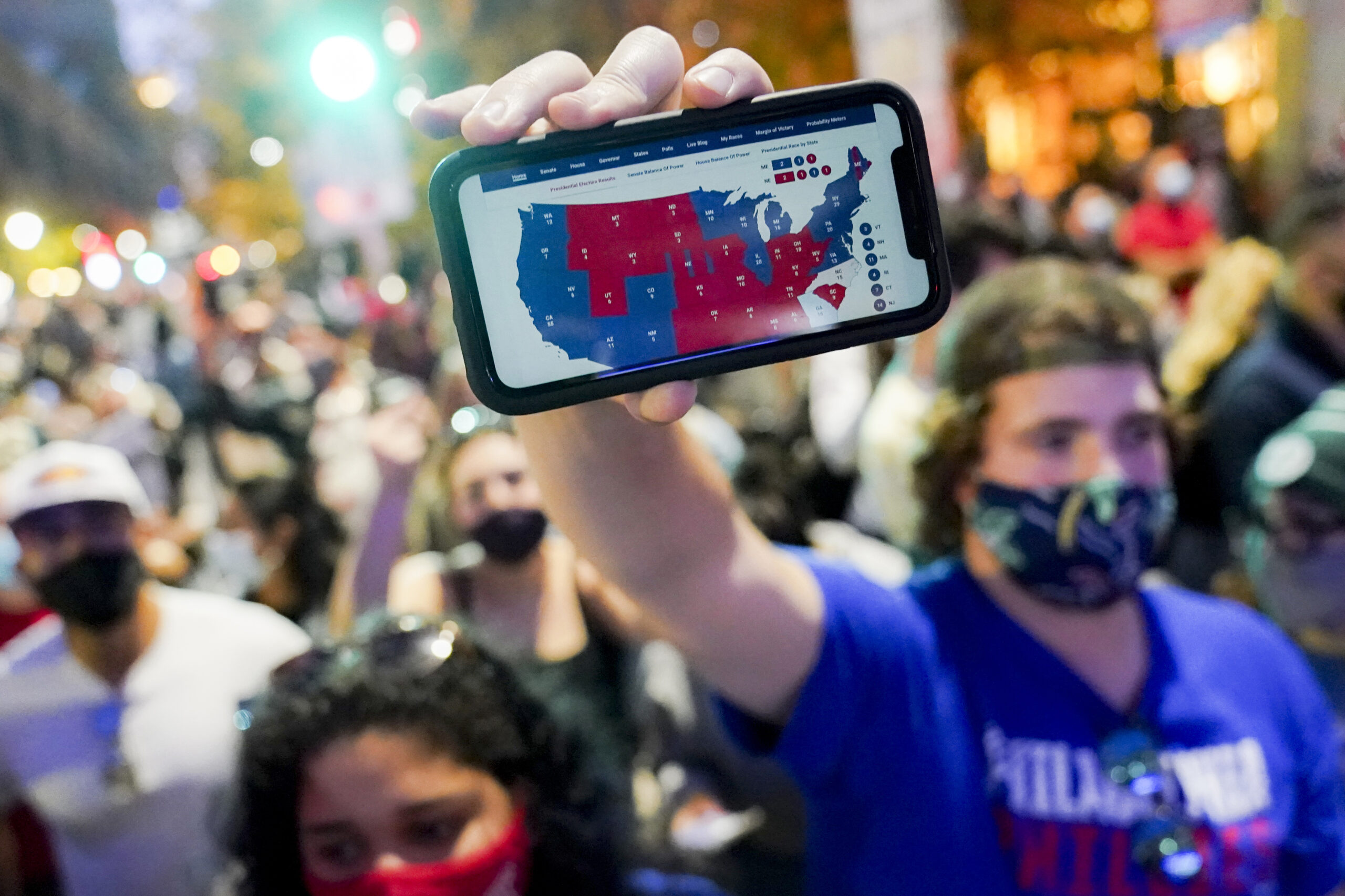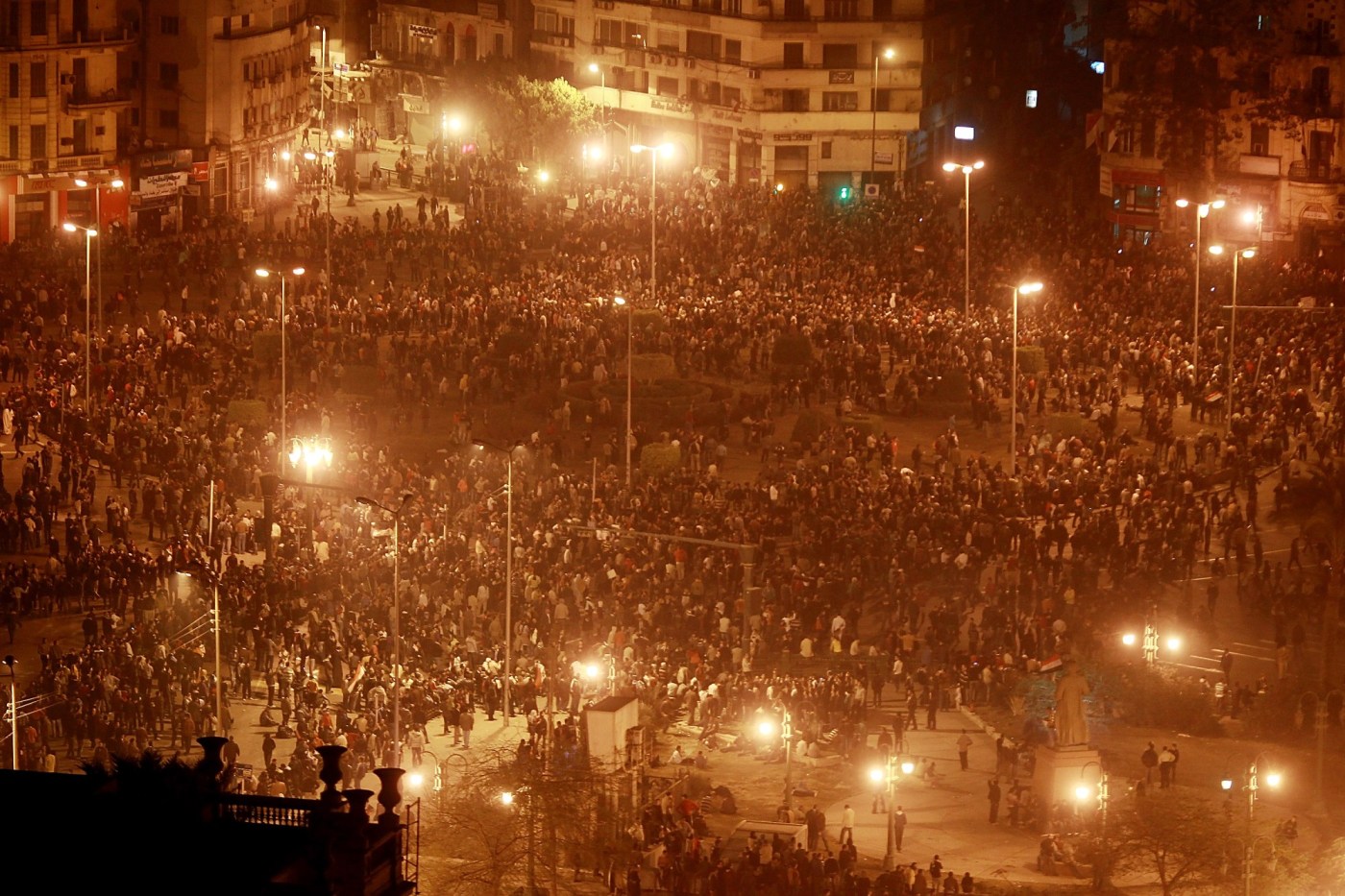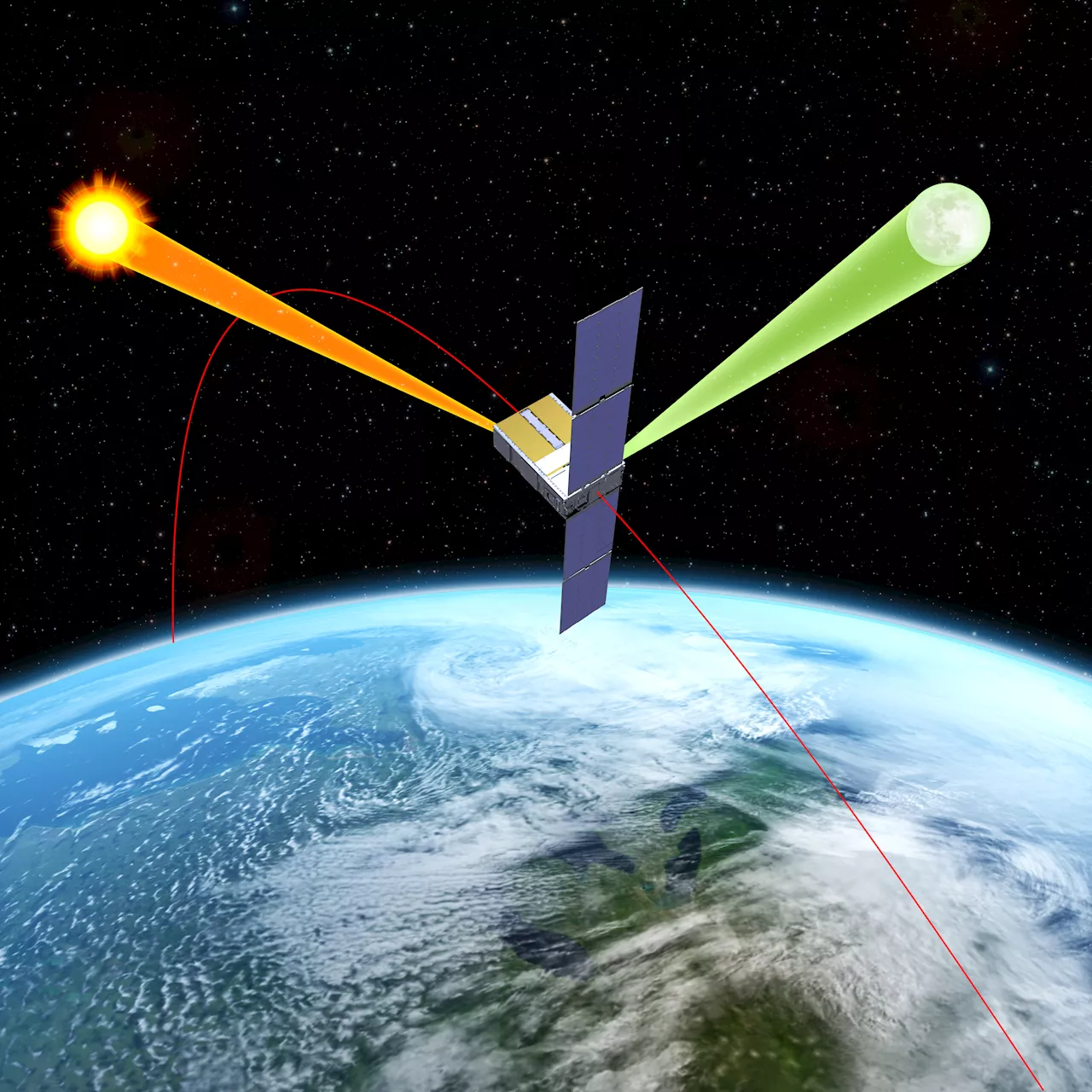
A recent analysis has revealed that the People’s Conference for Palestine, held on October 8, 2023, may serve a broader agenda beyond its stated goal of advocating for Palestinian rights. Critics argue that the conference reflects a significant shift in Islamic influence and aims to challenge the power dynamics established by the United States in the region.
The conference took place against a backdrop of escalating tensions in the Middle East, where the struggle for Palestinian statehood remains a contentious issue. While organizers promoted the event as a platform to unify voices advocating for Palestine, insiders suggest that it functions as part of a larger strategic plan spanning over three decades, aimed at undermining American influence in the region.
Unpacking the Broader Agenda
The notion that the conference is merely about Palestine has drawn skepticism from various political analysts. According to Dr. Ahmed Kassem, a regional expert, the initiative is less about humanitarian concerns and more about leveraging Islamic solidarity to reshape global politics. He stated, “This conference is a tactical maneuver to rally support against perceived imperialism, particularly that of the United States.”
Documents and discussions from the event indicate a concerted effort to align various Islamic factions under a common cause, seeking to establish a unified front that could potentially reshape alliances in the Middle East. The underlying message appears to resonate with long-standing narratives of resistance against Western intervention.
While the focus on Palestine garners immediate sympathy, the strategic implications are broader. Participants discussed the potential of fostering alliances that could redefine power structures, not just within the Middle East but also in the global arena.
Historical Context and Future Implications
The emergence of such a conference is not merely coincidental; it is the culmination of a 30-year plan that has been meticulously crafted by various Islamic groups. These factions have sought to capitalize on socio-political discontent, not only in Palestine but throughout the Arab world. This approach has been characterized by a deep-seated desire to challenge Western hegemony, particularly that of the United States.
As the conference drew to a close, the rhetoric emphasized unity and resilience. Organizers expressed intentions to mobilize resources and support to galvanize public opinion against what they describe as oppressive policies. The implications of such mobilization could significantly alter the political landscape, as it aligns various groups with shared interests against a common adversary.
The international community will likely observe the outcomes of this conference with keen interest. Should this coalition solidify, it could prompt a reevaluation of diplomatic strategies by major powers, especially the United States, which has traditionally been a key player in Middle Eastern politics.
The People’s Conference for Palestine thus serves as a powerful reminder of the complex interplay between local grievances and global power dynamics. As these discussions unfold, the potential for a more unified Islamic stance on international relations could reshape future diplomatic engagements. The ongoing developments require close scrutiny, as they may herald a new chapter in the geopolitics of the region.







